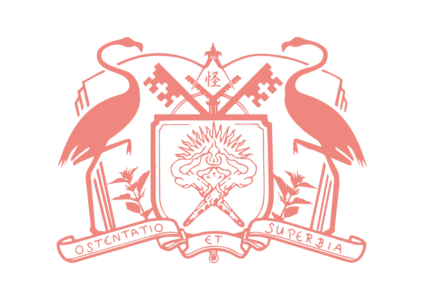Mathematics is an inhuman discipline, which does not only frustrates beginners but experts as well. Indeed, its subject is unworldly, its method is unnatural, and its complexity is unbounded. I will explain these three issues in detail below. Mathematics has an unworldly subject. In fact, mathematicians study neither a concrete thing in the physical world nor the functioning of the human mind, but what is called structures. They imagine them to exist independently of time, matter, and even human activity. Structures are not accessible to our bodily perception. Indeed, whenever we see a line drawn on a piece of paper, we do not actually see the line; instead, we see only a representation which consists of ink on a piece of paper, not of the actual points that form the line. While a critic might argue that the line is accessible through its representation, most structures do not admit such a concrete representation. The lack of accessible representation is a key reason why many people find Mathematics difficult.
Mathematical reasoning is unnatural. Whereas the human mind naturally works by loosely associating between ideas, mathematical reasoning means strictly applying a set of rules on how to manipulate statements about structures. We call these rules logic. It is hard to learn them because they are unnatural to the human mind; even the most able mathematicians sometimes fail to apply them correctly. In fact, many mathematical publications contain some minor errors. What is hard for a trained mathematician, is much harder for the lay mind; indeed, the rules of logic are another major difficulty, which beginners encounter.
Mathematics’s unbounded scope and complexity transcend even the expert’s capabilities. The full proof of a single theorem has many steps, which the mathematician can well check, but never hold in the mind as a complete picture. Mathematics is not a single theorem; many theorems form a theory, many theories form Mathematics. Thus, the mathematician who approaches the big picture loses that completeness and clarity which characterized Mathematics in the first place. There is no way of understanding a reasonable portion of Mathematics in reasonable detail.
Taking into account that Mathematics is unworldly, unnatural, and unbounded, I consider it pointless that humans continue to pursue Mathematics. Instead, I propose creating an artificial intelligence—unworldly, unnatural, and unbounded like Mathematics—to handle it.
